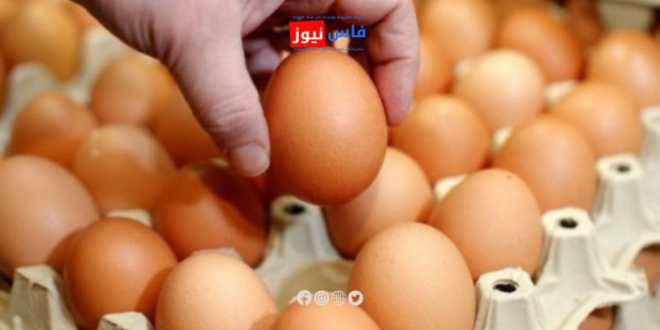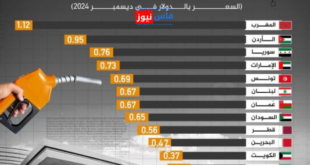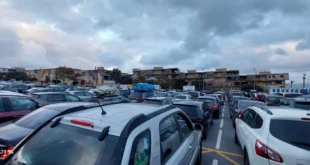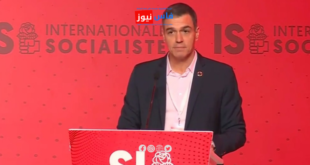Member of Parliament Touria Afif, from the Justice and Development Party (PJD), has raised the issue of egg shortages in Morocco, highlighting a crisis threatening the poultry sector and citizens’ food security.
According to Afif, industry professionals are complaining about a crisis in egg supply, which could lead to unemployment and deteriorating social conditions for workers in this field. She also warned of the negative impact on Moroccan citizens who rely on eggs as a basic food source, especially given the rising prices of other foodstuffs such as meat and vegetables.
The MP emphasized that any shortage in the production and supply of eggs in the local market could exacerbate the livelihood crisis for a large segment of the population. She called on the Minister of Agriculture to take urgent measures in consultation with producers to address this crisis.
Afif suggested regulating the sector by setting quotas for production and supply in the local market, similar to some developed countries, to ensure the availability of essential products and achieve food security for the population.
These concerns come at a time when the Moroccan poultry sector is facing multiple challenges. The sector has seen significant growth over the past four decades, with production rising from 55,000 tons in 1981 to 625,000 tons by 2021. However, the sector has faced recurring crises, including an overproduction crisis in 2022 that led to a sharp drop in prices and significant financial losses for farmers.
The sector was also severely affected by the COVID-19 pandemic, with imposed restrictions leading to a significant decrease in demand, especially with the closure of hospitality and restaurant sectors. The Poultry Meat Producers Association (APV) estimated losses in the turkey farming sector at around 300 million dirhams between mid-March and the end of June 2020.
In light of these challenges, MP Afif’s concerns appear justified. The sector needs government support and better regulation to ensure stable production and prices, thereby guaranteeing food security for Moroccan citizens. It is important for the government to take swift action to address this issue, taking into account the interests of both producers and consumers.
 فاس نيوز ميديا جريدة الكترونية جهوية تعنى بشؤون و أخبار جهة فاس مكناس – متجددة على مدار الساعة
فاس نيوز ميديا جريدة الكترونية جهوية تعنى بشؤون و أخبار جهة فاس مكناس – متجددة على مدار الساعة













